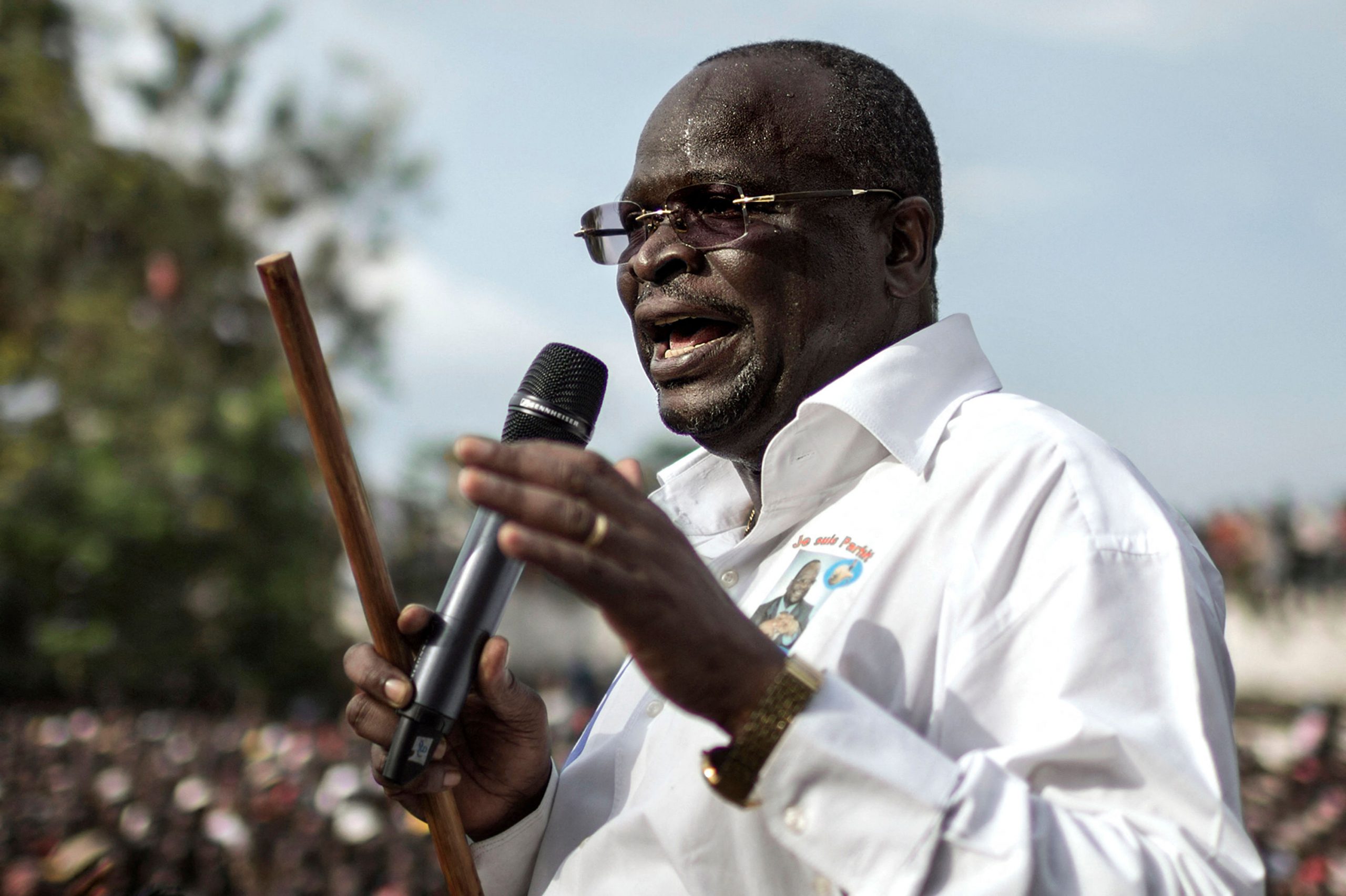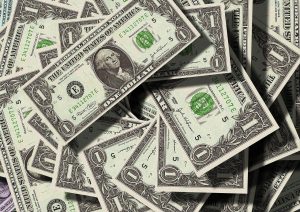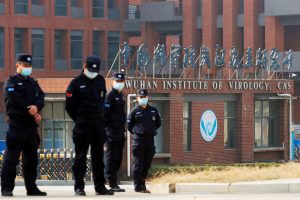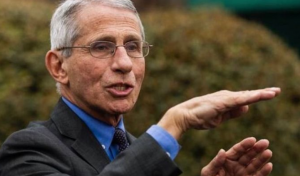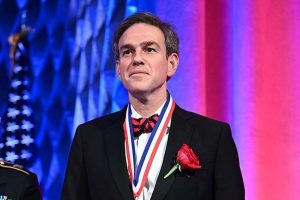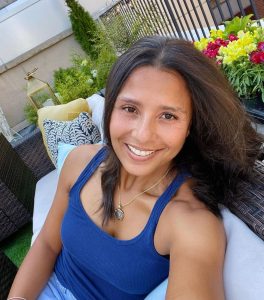Congo opposition candidate Guy-Brice Parfait Kolelas died of COVID-19 on Sunday as the country was voting in presidential elections, his campaign said.
Kolelas, 61, the major candidate running against veteran leader Denis Sassou Nguesso, died aboard a medical plane that took him to Paris, his campaign director Christian Cyr Rodrigue Mayanda told AFP.
A Paris court said a criminal probe had been opened into the cause of death.
Also Read| Veteran leader Sassou Nguesso the favourite as Congo heads into polls
Sassou Nguesso, 77, who has accumulated 36 years in power, was frontrunner in an election boycotted by the main opposition and under an internet blackout.
A close friend of his told AFP that Kolelas had died five minutes after the plane touched down at Le Bourget airport north of Paris.
Kolelas had initially feared he had malaria, and discovered too late that it was coronavirus, the source said.
Kolelas tested positive for coronavirus on Friday afternoon, and was unable to host his closing campaign rally in Brazzaville.
Also Read| Deadly viruses yet to come, warns doctor who discovered the Ebola virus
On Saturday, he posted a video from his sickbed, declaring he was “battling against death”.
“Rise up as one person… I’m fighting on my deathbed, you too fight for your change,” he urged his supporters, saying the election was “about the future of your children”.
Mayanda called on supporters of Kolelas to rally on Monday.
“We’ll continue to count the ballots. He was ahead in a number of areas,” he said.
Near Kolelas’ southern stronghold of Pool, Wilfrid Raoul, a supporter, said he was “a great Congolese political leader. With him we hoped for change… For the time being we can’t imagine who could replace him.”
Kolelas came second in the presidential election of 2016, picking up 15 percent of the vote according to official results.
He had pledged to release two candidates from that vote — former army general Jean-Marie Michel Mokoko and ex-minister Andre Okombi Salissa — who were sentenced in 2018 to 20 years in prison for “undermining state security”.
He was the only serious contender facing the president on Sunday after a string of boycotts, withdrawn candidacies and exclusions.
Provisional election results are not expected for days, though the electoral commission said it would indicate early trends on Monday.
There were no reports of major incidents before polling stations closed, but AFP correspondents said access to the internet and social media, as well as text messages, was cut.
In some areas voters complained that their names were not on the electoral list.
Sassou Nguesso, a former paratrooper, first rose to power in 1979 and has become one of the world’s longest-serving leaders.
Speaking after he cast his ballot, Sassou Nguesso said the “atmosphere of peace” during the election campaign — marked by police crackdowns on the opposition — was “a good sign for our democracy”.
But when asked about security when election results are announced, a moment that triggered a wave of violence at the last vote in 2016, he responded: “I’m not God”.
The largest opposition group, the Pan-African Union for Social Democracy or UPADS, boycotted the poll in which some 2.5 million people were eligible to vote.
UPADS — the group of former president Pascal Lissouba, who died in France last August — is the only opposition party with a parliamentary group in the current national assembly.
Flanked by its giant neighbour the Democratic Republic of Congo, the former French colony has abundant reserves of oil, its major source of revenue.
But its economy is in a slump, hurt by a collapse in crude prices, long-standing debt, and the pandemic, as well as a reputation for corruption.
Sassou Nguesso portrayed himself as a defender of Congo’s youth — the average age of the population of five million is just 19, according to UN figures.
Sassou Nguesso was forced to introduce multi-party elections in 1991 and was defeated at the ballot box a year later.
But he returned to power in 1997 following a prolonged civil war.
He has won every election since, which the opposition have mostly slammed as fraudulent.
A constitutional amendment in 2015, which ended a ban on presidential candidates aged over 70 and scrapped a two-term limit, allowed him to run again in 2016.

